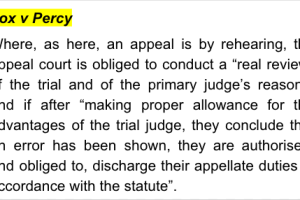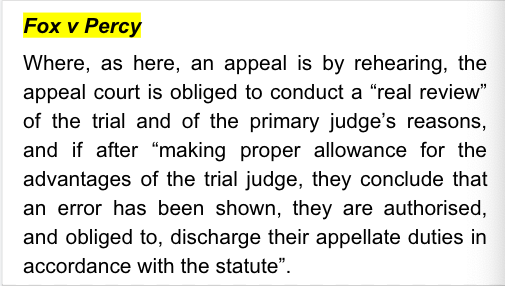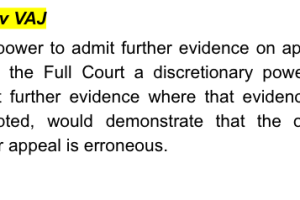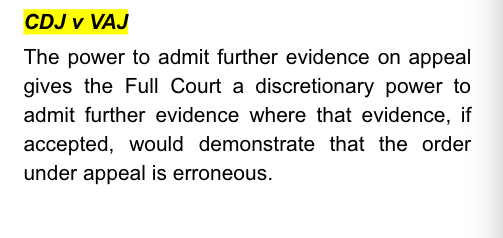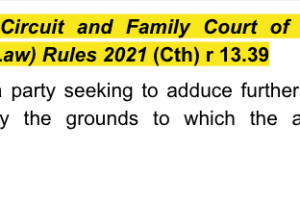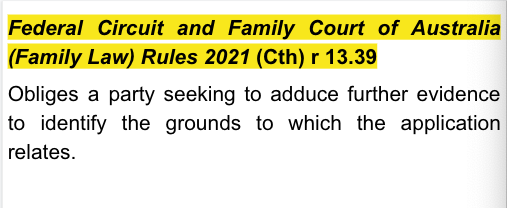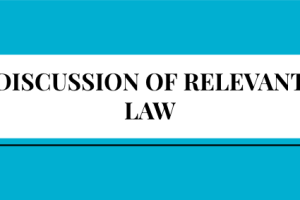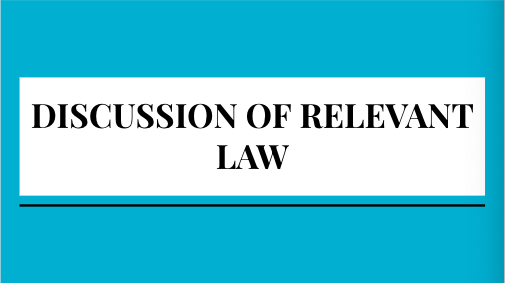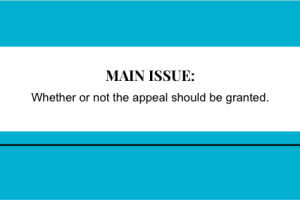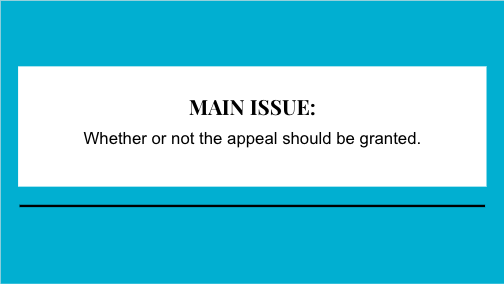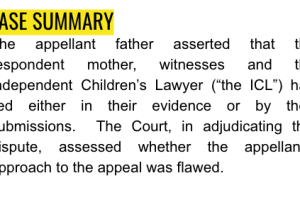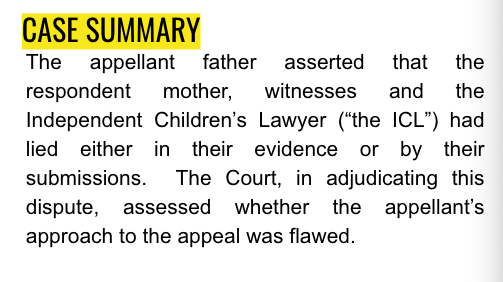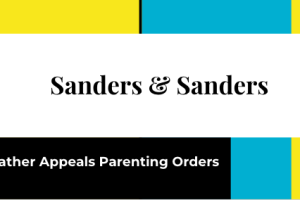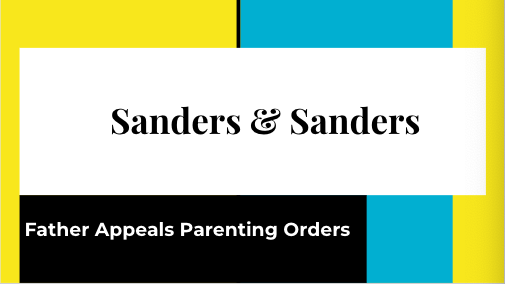- · 4784 friends
Father Appeals Parenting Orders

Sanders & Sanders [2022] FedCFamC1A 185 (22 November 2022)
The appellant father asserted that the respondent mother, witnesses and the Independent Children’s Lawyer (“the ICL”) had lied either in their evidence or by their submissions. The Court, in adjudicating this dispute, assessed whether the appellant’s approach to the appeal was flawed.

Facts
Parenting orders made by a judge of the Federal Circuit and Family Court of Australia (Division 1) on 7 April 2022 provided for a change in the parenting arrangements for the two children of the relationship, the elder child (now aged almost 13) and the younger child (now aged almost 12). That change meant that the children would move from living primarily with the appellant father to live primarily with the respondent mother and, for a period of three months following judgment and would spend no time with the appellant at all. Thereafter, following a period of supervised time with the appellant, the children are to live with the respondent and spend alternate weekends during the school term with the appellant from Thursday to Monday, along with school holiday time.
Sole parental responsibility was allocated to the respondent. The appellant filed a Notice of Appeal on 4 May 2022, amending it on 12 July 2022. At that stage, the appeal contained 26 grounds that were directed not only to the parenting orders, but also to orders relating to the division of the parties’ property and the costs of the proceedings. On 12 August 2022, the appellant filed an Application to Adduce Further Evidence, accompanied by a Summary of Argument that set out six challenges to the judgment that were confined to the parenting orders.
At the commencement of the hearing of the appeal, the appellant confirmed that it was the Summary of Argument that defined his challenge to the judgment at first instance. Accordingly, there remained no challenge to either the property division orders or to the costs orders made by the primary judge, and those aspects of the appeal fell away.

Issue
Whether or not the appeal should be granted.

Applicable law
Analysis
The grounds were an attack upon the respondent, family therapist and Independent Children’s Lawyer (“the ICL”), rather than the identification of error in the judgment. The overall thrust of the appellant’s case was that the respondent had committed perjury, the family therapist had committed perjury and failed to bring particular matters to the attention of the court, and that the ICL had lied.
The appellant explained that he had not sought to critique the judgment of the primary judge, but had rather directed his attention to the respondent, ICL and family therapist, asserting that they had misled the primary judge. In accordance with this explanation, the appellant sought to adduce further evidence on the appeal, a significant part of which purported to be recordings of the children’s interactions with the ICL, family therapist and the respondent.
Conclusion
The Application in an Appeal filed 12 August 2022 is refused and dismissed. The appeal is dismissed. In the event that the respondent seeks to rely upon further evidence in support of an application for costs, then the respondent is to file and serve such within seven (7) days of this judgment. In the event that the appellant seeks to lead evidence to resist the respondent’s application for costs, then the appellant is to file and serve such within 14 days of this judgment. The respondent is to file and serve written submissions directed to costs within 21 days of this judgment. The appellant is to file and serve any written submissions he may make directed to costs within 28 days of this judgment. The issue of costs will then be dealt with on the papers.


